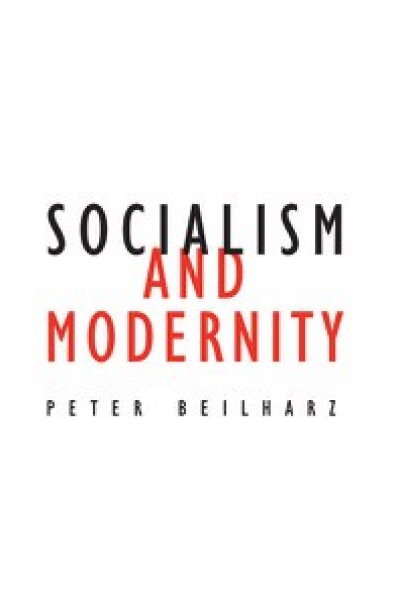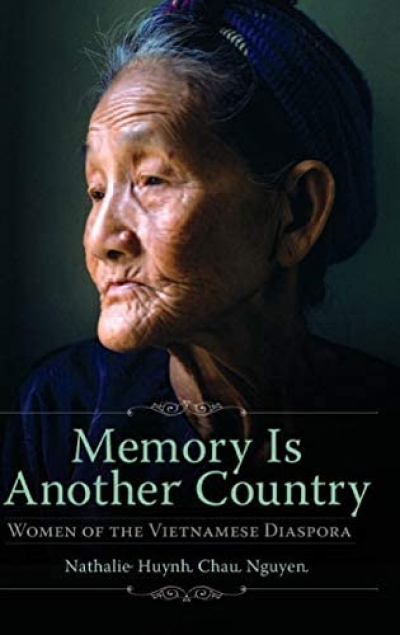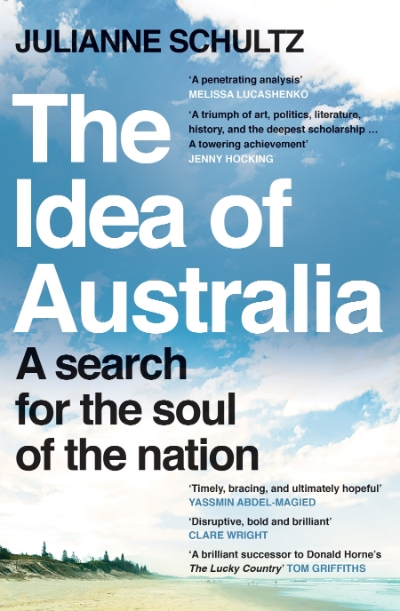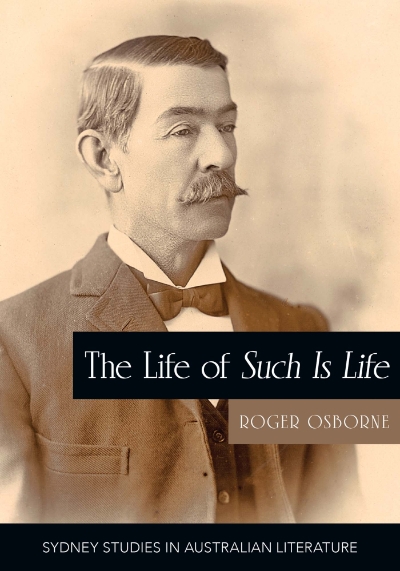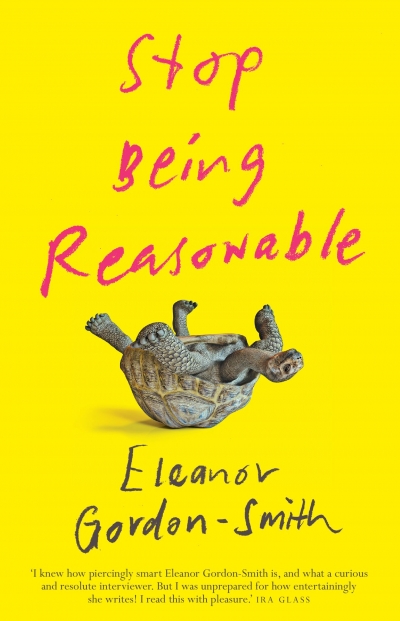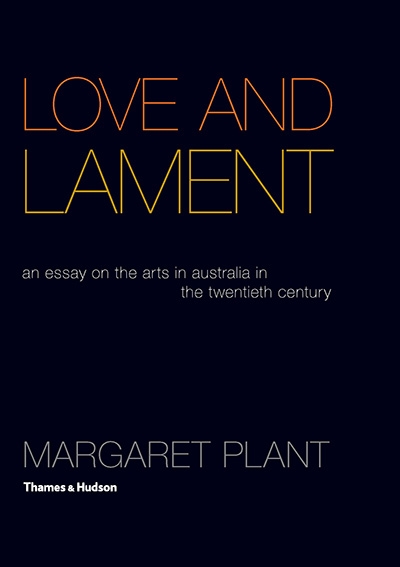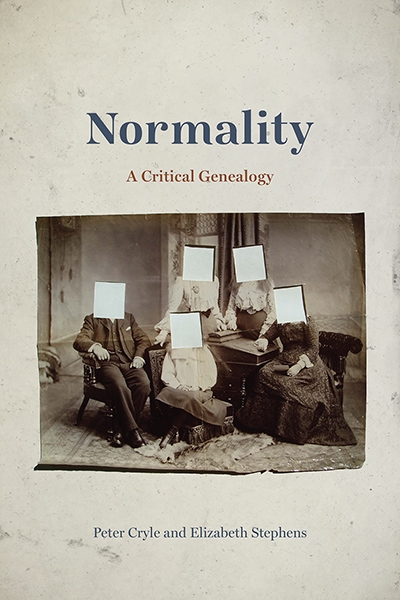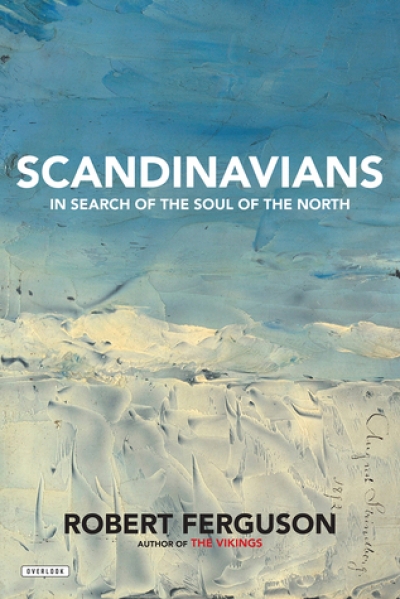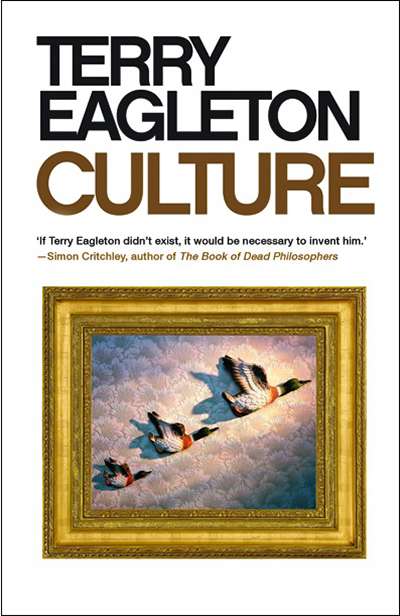Cultural Studies
Nonhuman Witnessing: War, data, and ecology after the end of the world by Michael Richardson
by Declan Fry •
Memory is Another Country: Women of the Vietnamese diaspora by Nathalie Huynh Chau Nguyen
by Jill Jolliffe •
The Idea of Australia: A search for the soul of the nation by Julianne Schultz
by Robert Phiddian •
The Life of Such Is Life: A cultural history of an Australian classic by Roger Osborne
by Brigid Magner •
Love and Lament: An essay on the arts in Australia in the twentieth century by Margaret Plant
by Paul Giles •
James Bennett reviews 'Normality: A critical genealogy' by Peter Cryle and Elizabeth Stephens
by James Bennett •
The word ‘normal’ and its derivatives permeate our language, but what exactly does the term mean? It is entrenched in contemporary medical discourse (normal blood pressure, normal heart rate, normal body temperature, normal blood sugar levels), shows up in statistics (normal distribution curve), in geometry (normal lines) and even in chemistry as a measurement t ...
Scandinavians: In search of the soul of the North by Robert Ferguson
by Kári Gíslason •


